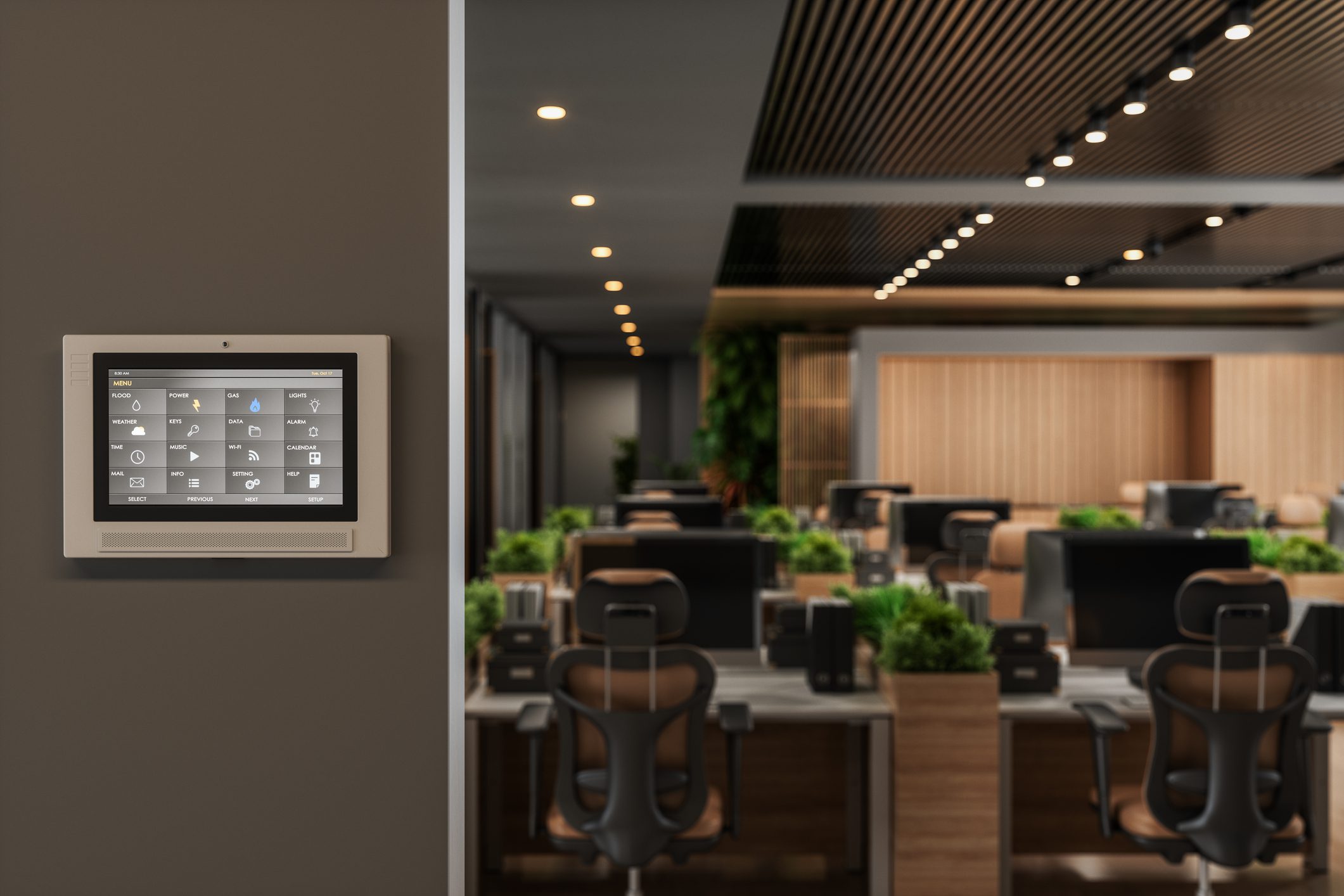By: Ben Rajewski, P.Eng., LC, WELL AP & Daveed Henriquez, CLCP
Proper lighting uniquely transforms a building, room, or outdoor space entirely. As technology continues to evolve and disrupt the lighting industry, lighting consultants must utilize advanced systems to enhance the spaces where we work, live, and play. Lighting directly affects our moods, productivity levels and even sleep-wake cycles. Research suggests that being in spaces with lighting systems that mimic our circadian rhythm enhances our moods, focus, and energy levels throughout the day and supports our overall sense of well-being.
What is Smart Lighting?
Integrating functional lighting with smart technology opens a new realm of possibilities and opportunities for architects, engineers, and designers. Smart lighting refers to digital lighting control systems with devices connected to the lighting fixture. These systems increase the control we have over our environments and offer the ability to perform daylight sensing or change colours to increase focus, match our circadian rhythms, and even promote relaxation and sleep. Smart lighting systems can connect to mechanical systems, such as HVAC systems, to provide data on occupancy. In turn, the HVAC system can consume less energy and reduce costs by operating only when a space is occupied. Smart lights can also use occupancy data to automatically turn off when a space is no longer in use, reducing energy use and costs while effectively improving building performance.
How Smart Lighting Affects Us and Our Communities
Smart lighting opens a new world of opportunities for how a building is designed and is an element that will affect every person who enters the buildings we design. Using smart lighting systems in facilities such as schools, hospitals, or seniors’ residences can ensure these buildings are optimized for the occupants. For example, using tunable white lighting with more blue wavelengths in the morning and redder wavelength light in the evening to match the sun cycle and our circadian rhythms can support seniors or patients receiving medical care by promoting the ideal environment for rest. Another example could be controlling the lighting in schools to create an atmosphere that promotes long-term focus and keeps students energized.
These sophisticated systems offer a high level of control and can be easily customized to suit the unique needs of each infrastructure project. Utilizing UltraViolet-C (UV-C) lighting, for example, can support a clean environment in healthcare settings or areas with high traffic, such as airports or airplanes. UV-C light can be used to disinfect and sterilize surfaces, water and air and has even been effective at deactivating pathogens such as SARS-CoV-2 (Covid-19).
The Future of Smart Lighting
As technology progresses, we continue to explore the variety of ways we can use lighting, how it can improve our quality of life and how we collect data. Li-Fi is a wireless communication technology that uses LEDs to transmit data at high speeds using light from the visible, ultraviolet (UV) and infrared spectrums. Although similar in use, LiFi differs significantly from the widely used WiFi, which uses radio frequency instead of light intensity. With the potential for faster speeds and greater access, many experts predict a movement toward LiFi in a variety of applications. These applications may include home and building automation, as LiFi offers high levels of security, underwater applications due to lights ability to penetrate water and aviation, as light-based transmissions do not interfere with radar technology that relies on radio waves.
Smart lighting opens a world of opportunity to design electrical systems with higher capabilities, more sustainability features and increased flexibility and functionality. Williams Engineering (WE) is committed to providing our clients with unique solutions for projects with evolving requirements in various sectors. As technology advances and integrates into the design and construction of the buildings in our communities, our group of professionals continues to develop their skills and expand their resources to ensure innovative and successful outcomes for our clients.
